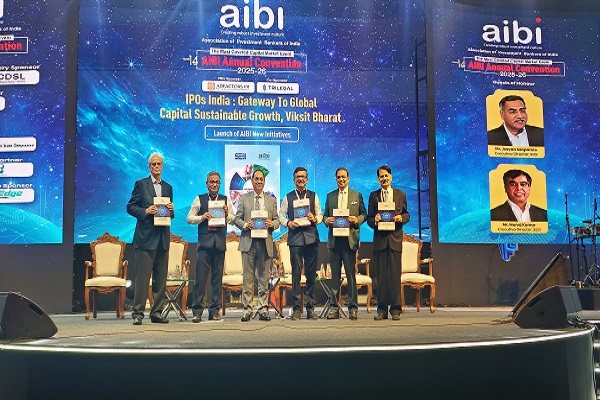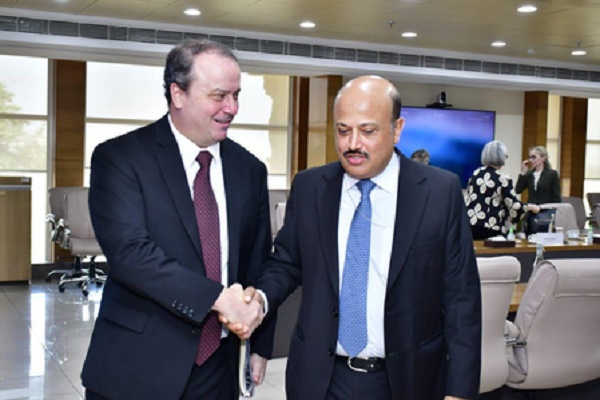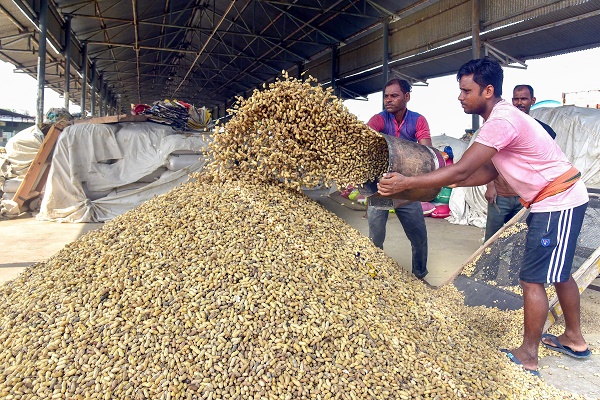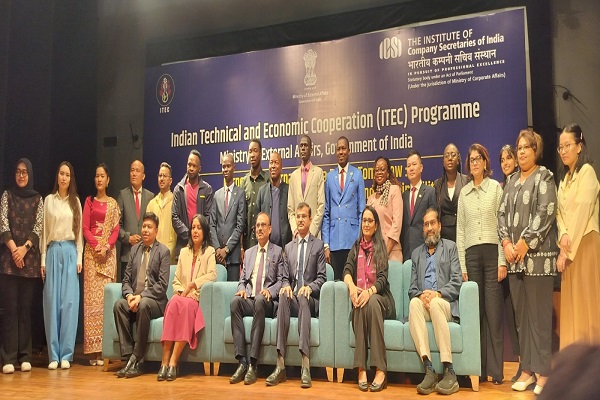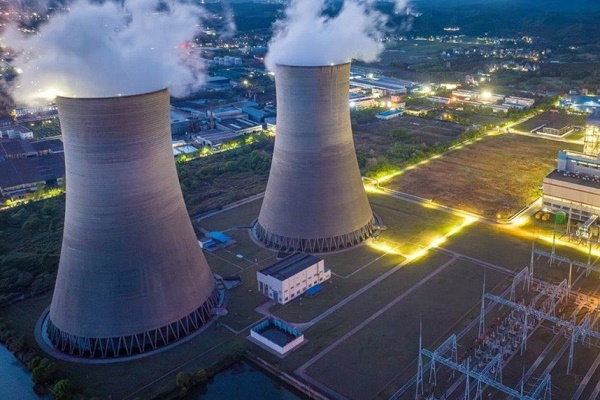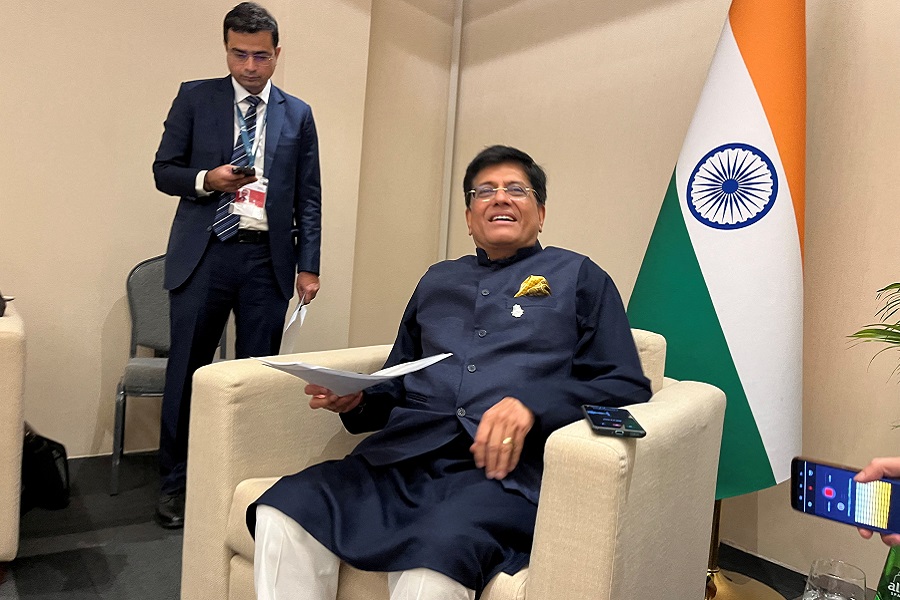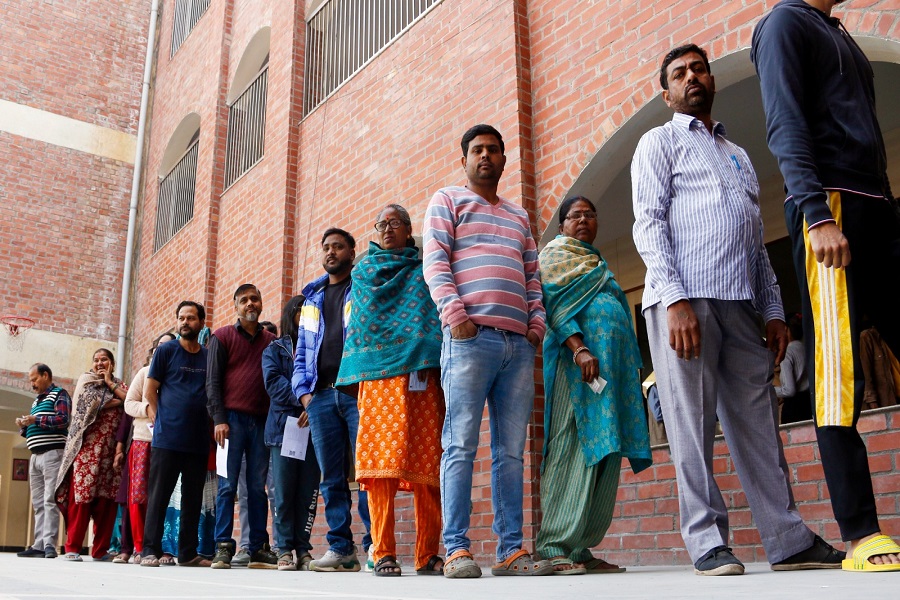Indian banks wary of parking funds with RBI following liquidity swings

Indian banks may shy away from parking large sums in the central bank's 14-day variable rate reverse repo, which acted as a major reason for elevated rates through the week amid volatile liquidity, traders said.
Liquidity in the banking system, which was in deficit till March-end, swung to a surplus of around 2.7 trillion rupees ($32.87 billion) at the beginning of this month, but a rise in cash in circulation as well as credit pickup led to a rapid decline in liquidity to a surplus of 1.35 trillion rupees.
Traders say that even this liquidity is concentrated with a few large banks.
"When banks had parked large amounts on April 6, the liquidity picture was completely different, but then there were credit outflows and currency leakages, resulting in pressure on banks to borrow at higher rates," a senior treasury official from a state-run bank said.
"Apart from the top two to three large state-run and private banks, most were either neutral or caught short in their liquidity management process," the trader said.
GRAPHIC: Volatile moves in India's banking system liquidity, https://www.reuters.com/graphics/INDIA-MARKETS/mopakdnyepa/chart.png
Subscription to the Reserve Bank of India's variable rate reverse repo (VRRR) earlier on Friday was less than half, despite a sharp cut in quantum of funds, a trend that is expected to persist.
Banks parked only 205 billion rupees at the reverse repo, even as the central bank cut down the quantum to 500 billion rupees from 2 trillion rupees on April 6. Banks had parked 1.24 trillion rupees at the time.
The funding mismatch forced most banks to borrow overnight funds at above the repo rate through the week. The weighted average call rate as well as TREPS rate was above 6.55%.
Over the last few days, rates have probably been elevated due to skewed liquidity distribution in the VRRR window, said Upasna Bhardwaj, chief economist at Kotak Mahindra Bank.
"Moreover, the liquidity surplus could be concentrated with select banks, with rates further elevated because of GST-related outflows."
Pressure on rates increased on Friday, which is the reporting day, with residual outflows of the Goods and Service Tax taking place. The call money rate rose to 6.77%, while the TREPS rate rose to 6.85%, compared to the policy repo rate of 6.5%.
"With little clarity on outflows and uncertainty over rise in cash in circulation, blocking money at 6.49% and then borrowing at higher rates makes little sense," a trader with a private bank said.



